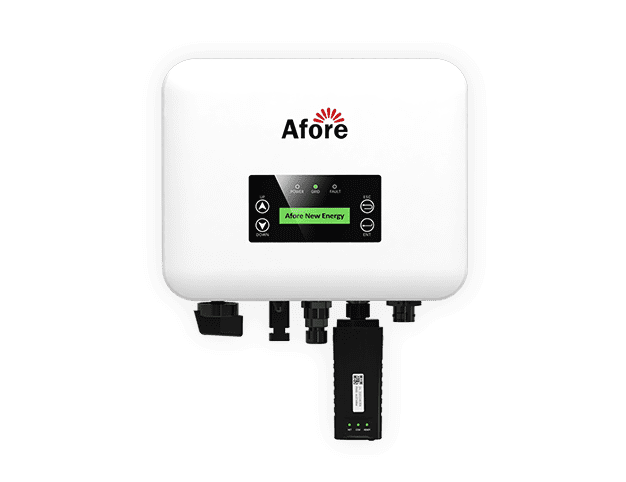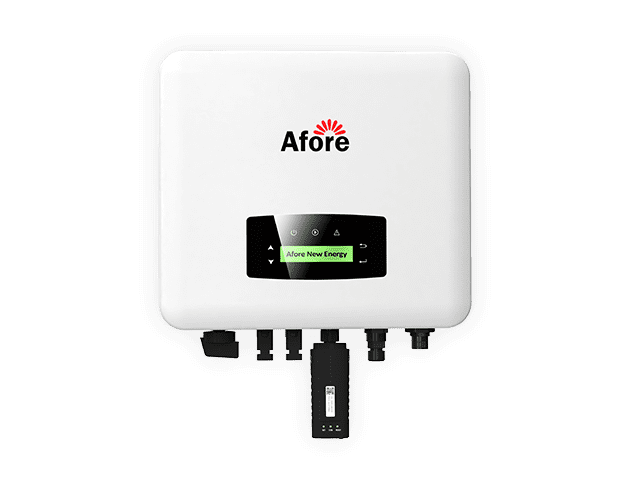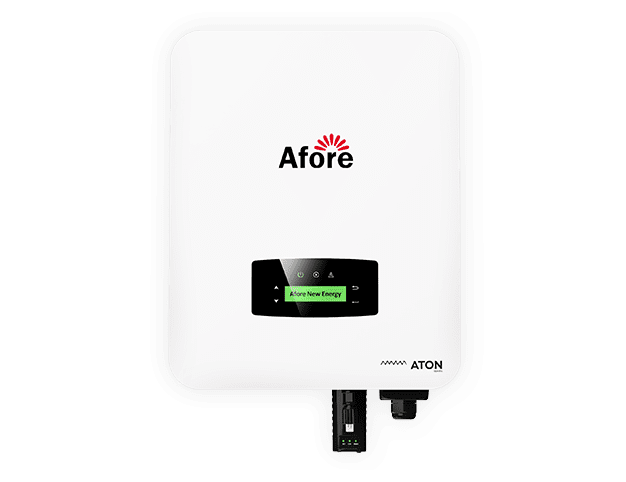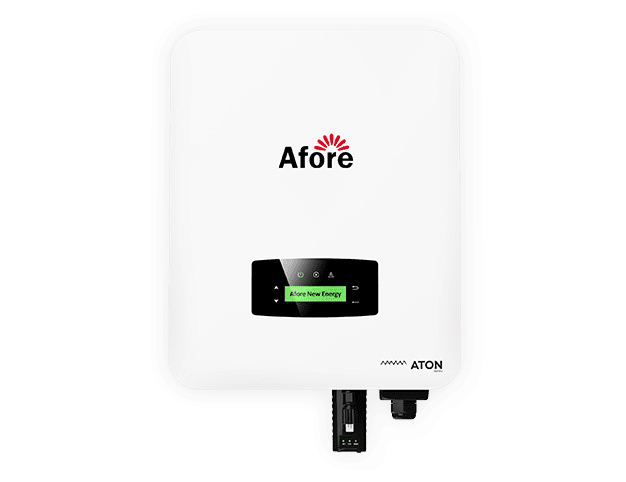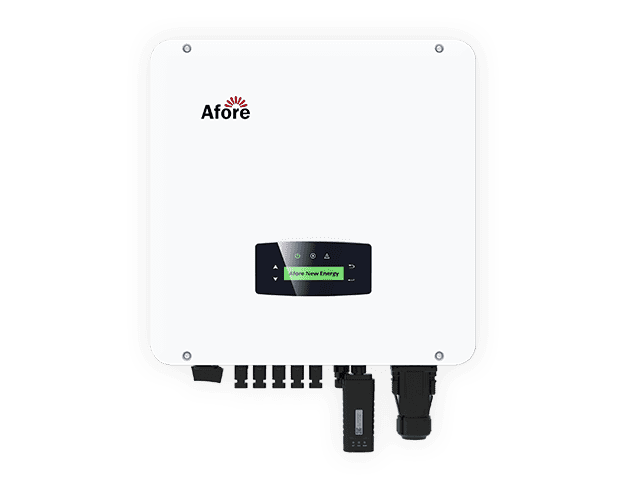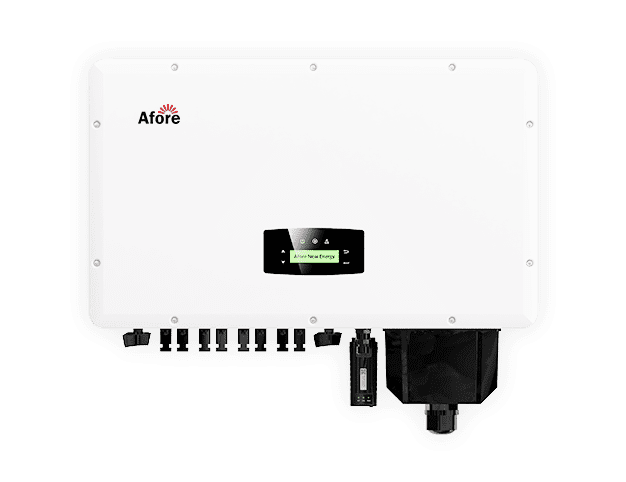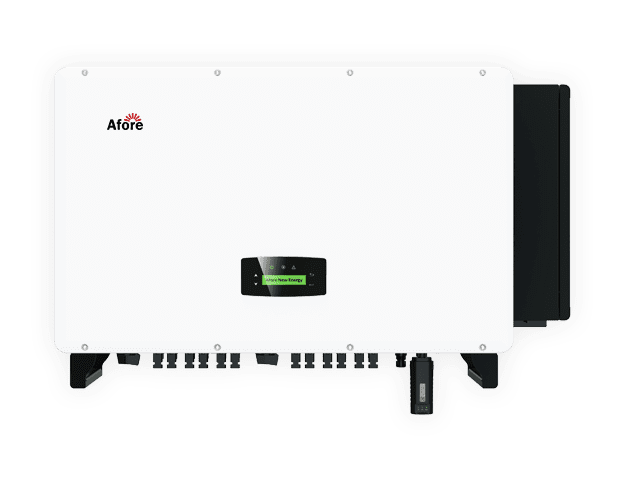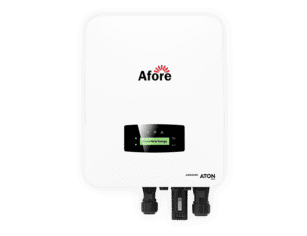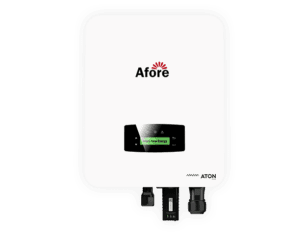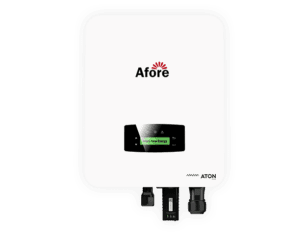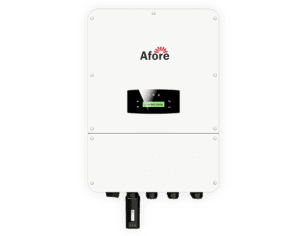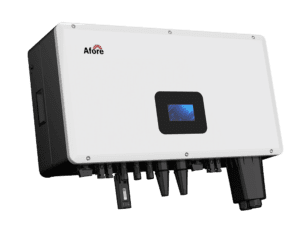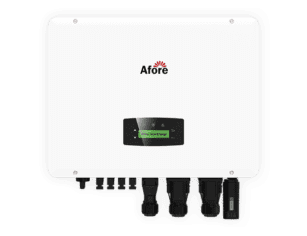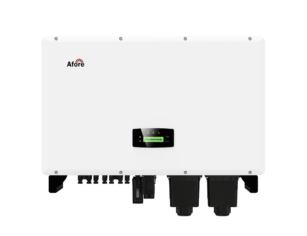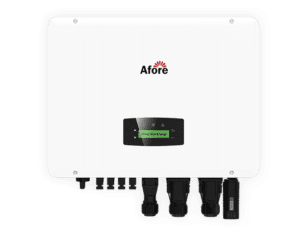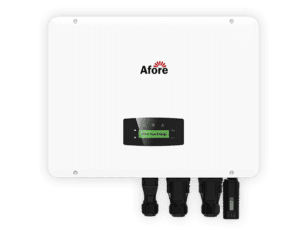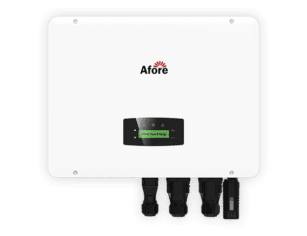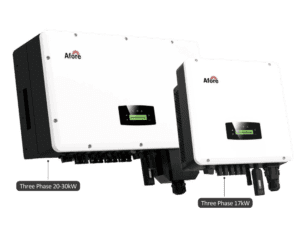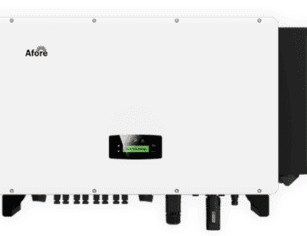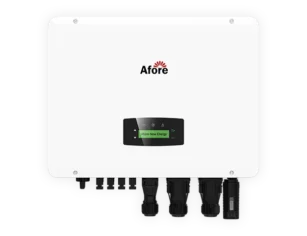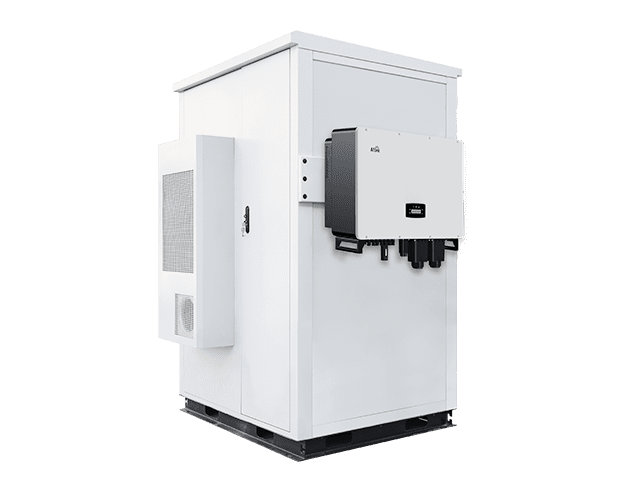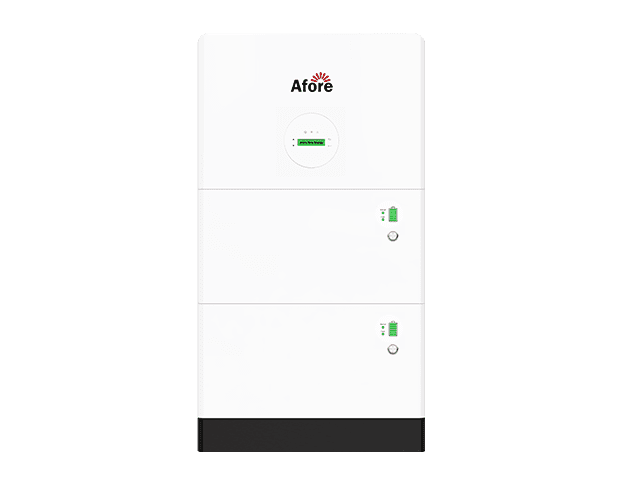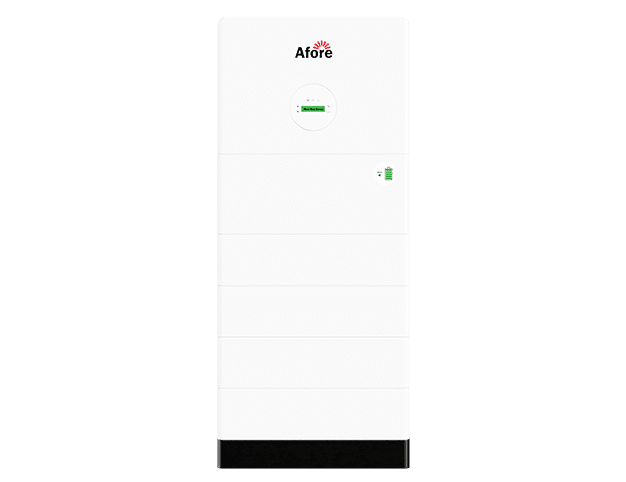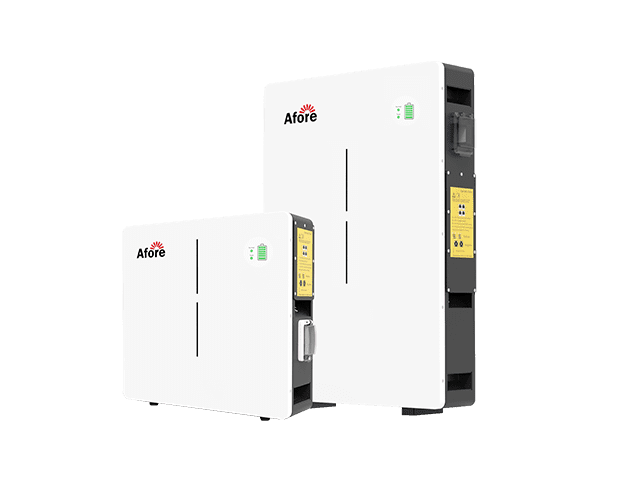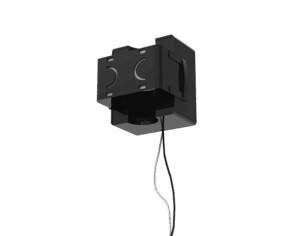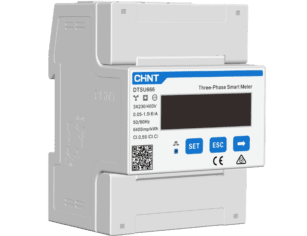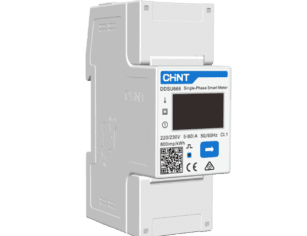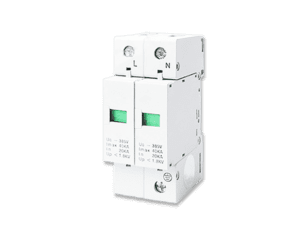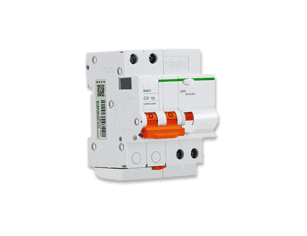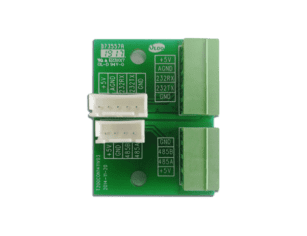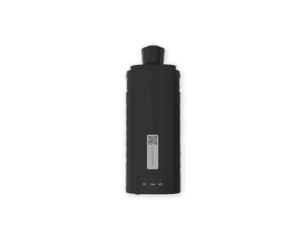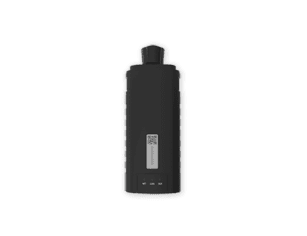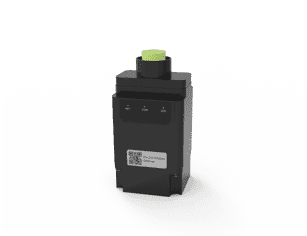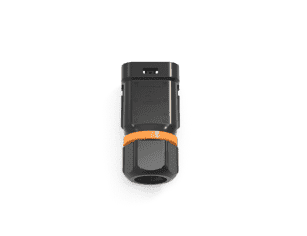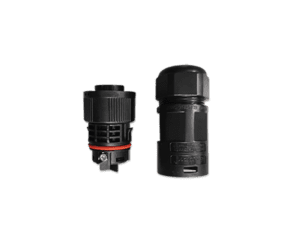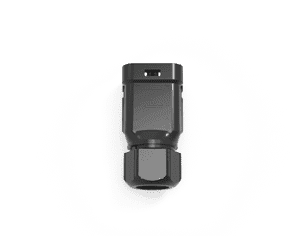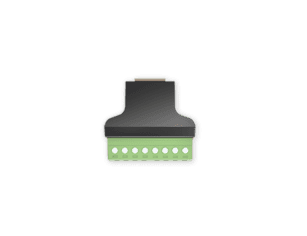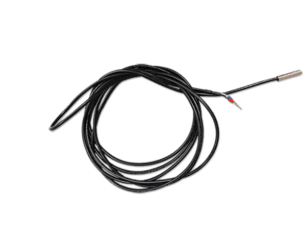DC vs AC coupling—Understanding the Differences

Inhaltsübersicht
Knowing the distinction between DC vs AC coupling is crucial in both power systems and electronic circuits. Using DC coupling involves linking solar panels to the battery system and is ideal for off grid applications while AC coupling utilizes an inverter to connect solar panels with the battery setup instead; offering flexibility and convenience for integration into preexisting systems such, as grid tied setups.
This article will delve, into the comparison between DC vs AC coupling to assist you in determining the suitable option for your requirements by examining aspects such as efficiency of installation and scalability as well, as backup power solutions to determine which method aligns best with your needs.

What is Coupling in Solar Energy Systems?
Efficient energy management is crucial for energy systems achieved through the use of signal coupling techniques, which play a vital role, in optimizing our solar setups, particularly when considering the differences between DC vs AC coupling.
Definition and Purpose
In circuits, whether direct current (DC) or alternating current (AC), coupling involves the transfer of energy to ensure the smooth operation of the system; the optimal choice, between DC vs AC coupling can have a very important impact on the performance of a power system.
Role of coupling in off-grid vs grid-tied systems
Off grid systems rely heavily on the concept of coupling to achieve energy independence successfully; DC coupling is a choice due to its compatibility with batteries in such setups. Conversely grid tied systems opt for AC coupling to establish a connection with the grid. The distinction, between DC vs AC coupling becomes evident in the context of these systems emphasizing the significance of selecting the type.
The Significance and Impact of Choosing Between DC vs AC coupling
Choosing between DC vs AC coupling affects many things, like efficiency and cost. AC coupling is good for adding to existing systems easily. But DC coupling is better for new setups because it’s more efficient. Understanding the difference between dc and ac coupling and their advantages is key. It helps create a solar system that meets your sustainability goals.
What is DC Coupling?
DC coupling involves allowing both the alternating current (AC) and current (DC) components of a signal to pass through a coupling element without any impedance interruption or filtration process, in place.
How DC Coupling Works
DC coupling operates, by connecting the signal source to the input terminal of the receiving device, such as an oscilloscope or amplifier, without any capacitors that might hinder the DC part of the signal flow; this direct connection method contrasts with DC vs AC coupling, where AC coupling typically involves capacitors that block the DC component of the signal while allowing AC components to pass.
Components of a DC-Coupled System
Typically, in a DC connected system you’ll find these components;
The signal source is responsible, for creating the signal that needs to be sent out; this may consist of both alternating AC) and direct current (DC) elements.
For coupling element, this is usually a capacitor or inductor that, in the case of DC coupling, has a high impedance to DC signals but allows AC signals to pass. However, it’s important to note that in practical DC coupling implementations, the coupling element may not actively block DC signals but rather allows them to pass due to the direct connection.
The receiving device could be an amplifier or oscilloscope or any other equipment that is used to monitor or analyze the signal being transmitted through it in a DC coupled system where it can effectively manage both the AC and DC aspects of the signal.
Advantages of DC Coupling
The advantages of DC coupling include:
It keeps the signal integrity intact by using DC coupling to preserve the signal along with its DC component, for accurate analysis and processing needs.
DC coupling circuits are quite uncomplicated and clear cut since they need parts than AC coupling circuits do. DC coupling offers versatility for uses such, as working with low frequency signals and direct current signals.
Disadvantages of DC Coupling
Although DC coupling offers benefits it also comes with drawbacks.
In circuits with amplification stages like amplified circuits, DC coupling may result in zero drift wherein alterations in factors, like temperature or the aging of components can impact the stable operating characteristics of the circuit stages.
When using DC coupling which permits the signal to flow through unchecked, any existing DC offsets or noise, from the signal source could possibly disrupt the signal processing or analysis.
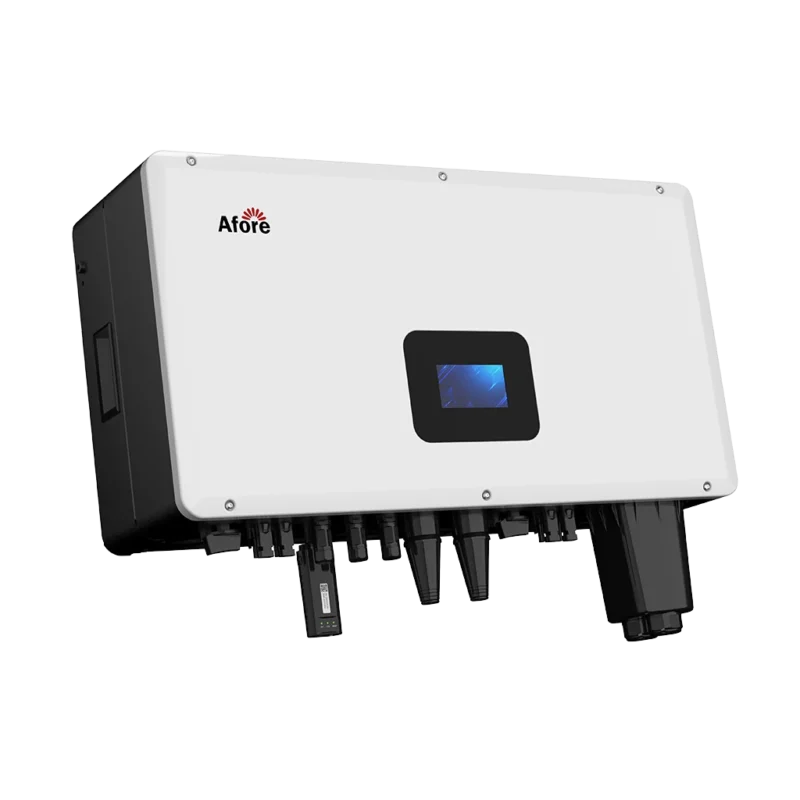
There’s no central point of failure in an AC-coupled system (using an AC coupled inverter). If the hybrid solar inverter fails in a DC-coupled system, everything stops. In an AC-coupled system, the solar panels will continue supplying the home with electricity regardless of what’s happening with the battery, due to the lack of a central point of failure.

In short DC coupling involves transmitting signals while retaining both the AC and DC components of the signal; although it has benefits like maintaining signal integrity and simplicity, it also comes with drawbacks such, as being prone to drift and interference issues. Deciding between DC coupling and AC coupling hinges on the needs of the real situation.
What is AC Coupling?
In electronics terms, AC Coupling entails, the setup of a circuit that employs a capacitor to transmit signals between sections of the circuit; this setup allows, only the AC (alternating current) part of the signal to move through while hindering the DC (direct current) part, which highlights one of the key differences bet ween DC vs AC coupling.
How AC Coupling Works
When a capacitor is inserted into the path in a series arrangement with other components, it functions as a filter for high frequency AC signals that can pass through while obstructing low frequency DC signals and any AC signals below the capacitor’s designated frequency cut-off point.
Components of an AC-Coupled System
A usual AC coupled setup usually includes these parts;
- Source Circuit: The circuit that generates the signal to be coupled.
- Coupling Capacitor: The capacitor that blocks the DC component and allows the AC component of the signal to pass.
- Load Circuit: The circuit that receives and processes the AC signal.
Advantages of AC Coupling
The advantages of AC coupling include:
- Elimination of DC Offsets: AC coupling eliminates any current (DC) bias in the signal to facilitate the analysis and measurement of the alternating current (AC) component.
- Isolation of DC Components: It separates the components of the signal to stop them from impacting how the load circuit works.
- Improved Signal Clarity: When you eliminate DC offsets from the signal through AC coupling process; it enhances the clarity of the AC signal which facilitates observation and analysis.
- Flexibility in Amplifier Design: AC coupling provides freedom in crafting amplifiers since the DC operating point of each stage can be fine tuned independently.
Disadvantages of AC Coupling
The disadvantages of AC coupling include:
- Loss of DC Information: AC coupling eliminates the current (DC) part of the signal, for specific applications where this is crucial.
- Potential for Low-Frequency Signal Loss: Depending on the capacitance of the coupling capacitor used in the circuitry the frequency AC parts of the signal could potentially be reduced or even disappear altogether.
- Complexity in Signal Reconstruction: If the DC part is crucially important in this case it could be quite challenging or even impossible to recreate the initial signal, from its AC coupled counterpart.
To sum it up quickly, AC coupling proves handy for separating DC elements and studying AC signals in circuits; yet it does have its drawbacks such, as signal loss and the incapacity to retain DC details.
Key Differences Between the AC Coupled vs DC Coupled
Comparing DC vs AC coupling involves understanding how they operate in scenarios and their effectiveness in terms of installation ease and scalability along, with backup power capabilities.
Efficiency and Conversion Losses
Effizienz:
DC connected systems could be more efficient as they link directly to DC sources and lessen the requirement for converting AC to DC, which may cause energy losses. In contrast, AC connected systems involve AC to DC conversion, which might lead, to losses. This contrast highlights the key differences between DC vs AC coupling.
Conversion Losses:
DC coupled systems generally have lower conversion losses because they minimize the number of conversion steps. AC coupled systems may experience higher conversion losses due to the additional AC-to-DC conversion process, but advancements in technology are continually reducing these losses.
Installation Complexity and Cost
Installation Complexity:
DC coupled systems might necessitate preparation and specialized knowledge when being installed to guarantee electrical safety and compatibility compared to AC coupled systems that are usually simpler to install and can be scaled up easily by incorporating more battery modules akin, to setting up common household appliances.
Kosten:
The price can differ depending on the system and setup you choose to go with; DC coupled systems might require more upfront investment because of the specialized installation and setup they need.
In contrast, AC coupled systems could be a more budget-friendly option in certain situations, thanks to their easier installation process and scalability potential. This difference in pricing and installation complexity highlights one of the key aspects of DC vs AC coupling.
Scalability and Retrofitting
Skalierbarkeit:
DC connected systems may require pre planning for scalability purposes while AC connected systems offer greater flexibility, for scaling by enabling the incorporation of extra battery modules as required.
Retrofitting:
AC linked systems are usually simpler to integrate into solar setups since they don’t need major alterations to the existing DC system in place already! This ease of integration is one of the advantages of DC vs AC coupling; however, for DC connected systems, it might be trickier to retrofit due to the need for redesigning or adjustments to the current DC system.
Backup Power Capabilities
Backup Power:
DC coupled systems can provide power solutions by connecting, to DC sources and potentially offering instant power in case of grid failures.
AC coupled systems utilize inverters to change current into alternating current for home or business applications; this process could cause a slight delay, in instances of grid breakdowns though contemporary inverters usually respond swiftly and are equipped with backup features.
Both AC coupled and DC coupled systems come with their set of pros and cons that should be considered based on the application context they will be used in, along with factors like installation requirements, cost considerations, as well as the need for efficiency and scalability; understanding these trade-offs is crucial when evaluating DC vs AC coupling for a particular application.

AC Coupled vs DC Coupled: Which One is Right for You?
Looking at DC vs AC coupling and making the best choice can pose a challenge at times; knowing the benefits and the right ways to use them can make it easier for homeowners or business owners to handle their finances wisely.
Considerations for Homeowners
Homeowners frequently decide between AC coupled vs DC coupled systems based on their preferences and needs alongside their current setup and energy demands.
When it comes to the electrical setup in a house or building. AC coupled systems are usually simpler to incorporate since they utilize the existing AC wiring in place already with minimal interruptions when being installed.
To achieve energy self-sufficiency and reduce reliance on the grid for grid or partially off grid residences focusing on energy independence could be more beneficial with DC coupled systems that directly link DC sources such as solar panels and battery storage units can lead to potential cost savings, on electricity bills.
Commercial and Industrial Applications
In industrial environments the choice, between AC coupled vs DC coupled systems becomes more intricate because of the intricacy and magnitude of operations.
Large scale energy systems are common in industrial settings and can benefit from using DC coupled systems, for improved efficiency when working with high voltage DC (HVDC) reducing energy loss over extended distances.
In general, for maintenance and reliability concerns with AC coupled vs DC coupled systems differ. DC systems typically need maintenance due, to their simpler circuits while AC systems may provide more reliable backup power and seamless grid integration especially in crucial infrastructure scenarios.
Budget and Long-term Considerations
Financial limitations and strategic foresight are factors, in deciding the most effective method of coupling, whether it be DC vs AC coupling, over an extended period.
AC coupled systems usually come with a higher initial cost since they are easier to connect to existing infrastructure compared to DC coupled systems which may require more upfront investment due to the necessity of new wiring and possibly extra equipment in the long term, for better efficiency.
Long term expenses can be reduced with DC coupled systems because they are more efficient and experience energy loss compared to other options available in the market today; this can result in savings for businesses operating on a larger scale such, as commercial and industrial settings.
DC connected setups provide adaptability for upcoming expansions and the assimilation of novel technologies like electric vehicles (EVs) along with extra renewable energy sources integration in the mix as well. As advancements progress, a rise in DC systems’ prevalence may occur alongside a range of benefits, making DC vs AC coupling an important consideration for future-proofing energy systems.
Practical Examples and Use Cases
In the field of electronics and signal processing, the use of coupling techniques is very important in shaping how signals pass between circuits; here we explore real-world examples and practical applications for each method, as well as systems that blend elements of both DC vs AC coupling.
When to Use DC Coupling
DC coupling involves transmitting both the alternating (AC) and current (DC) parts of a signal. This is different, from AC coupling, which only transmits the AC part of the signal and helps to distinguish between DC vs AC coupling.
Practical Examples:
AC coupling is, about sending the alternating current part of a signal while filtering out the direct current component; this method proves handy in situations where the direct current level isn’t important or could lead to disruptions.
Data Converters typically utilize DC coupling to preserve the DC level within the signal during the conversion process with Analog to digital converters (ADCs) and digital, to analog converters (DACS).
Operational amplifier circuits often utilize current (DC coupling) like in voltage follower and integrator circuits that maintain the input signals DC component, in the output signal.
When to Use AC Coupling
AC coupling is, about sending the alternating current part of a signal while filtering out the direct current component; this method proves handy in situations where the direct current level isn’t important or could lead to disruptions.
Practical Examples:
AC coupling is commonly employed in systems like telecommunications and communication networks such as telephone lines to differentiate the DC fluctuations, between network segments.
In mixing consoles and line level audio interfaces AC coupling is commonly employed to eliminate any DC offset that could, potentially create issues in later parts of the signal flow.
In RF (radio frequency circuits and frequency signal processing AC coupling is commonly used to safeguard the AC signal from being influenced by DC components.
Hybrid Systems: Combining AC and DC Coupling
Hybrid systems combine AC and DC coupling to deliver efficiency and flexibility ideal for setups that need adaptability and backup solutions in scenarios like those where high efficiency and seamless integration, with existing setups are needed; hybrids are a valuable option when considering DC vs AC coupling.
They use DC coupling for new solar arrays and keep existing AC systems. This setup boosts energy efficiency, provides strong backup power, and increases system resilience.
Schlussfolgerung
We’ve delved into the distinctions between AC coupled vs DC coupled systems here; understanding the contrast between DC vs AC coupling is essential for utilizing power, in residential or professional settings. We’ve discussed the mechanics of DC coupling including its components well as its pros and cons; moreover, we have outlined the workings of AC coupling along with its components benefits and potential challenges.
We’ve gone over the distinctions between DC vs AC coupling such as effectiveness and the simplicity of installation. This contrast assists in making a more informed decision, for you whether you’re a homeowner or overseeing a business establishment; understanding these specifics holds significance as it enables you to pinpoint the ideal resolution that aligns with your requirements and financial resources.
Deciding to opt for DC vs AC coupling depends on your requirements and preferences; some individuals may consider a combination of both options advantageous for their needs and goals in this regard. Reflecting on these considerations alongside instances can better equip you to arrive at, a judicious decision.
Businesses such as AFORE offer tailored solutions catering to solar energy demands. Leveraging this insight for making environmentally conscious decisions paves the way, towards a sustainable future.

FAQ
What is coupling in solar energy systems?
In power systems the term coupling refers to transferring energy from solar panels to storage or the grid; this transfer can occur in either current (DC) or alternating current (AC).
How does DC coupling work?
DC coupling involves linking panels to batteries and inverters through direct current (DC) a configuration that enhances efficiency especially in, off grid setups.
What are the advantages of AC coupling?
AC coupling makes it easy to connect with the grid, expand systems, and update older ones. It’s great for systems needing to match the grid’s standards.
What are the key differences between DC vs AC coupling?
The key differences between DC vs AC coupling are that AC coupling is more flexible and easier, to integrate with the grid; DC coupling is more efficient with fewer losses. AC coupling is better for grid-tied systems, while DC is ideal for off-grid.
What are the long-term considerations when deciding between DC vs AC coupling?
When choosing between DC and AC coupling options for your setups needs and future plans, keep, in mind that AC might offer adaptability, for modifications while DC could help reduce expenses and enhance overall performance.




